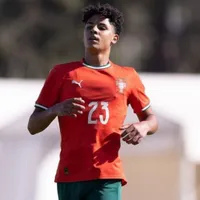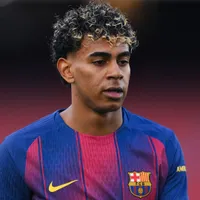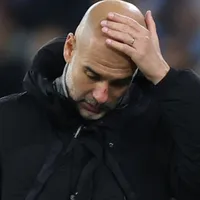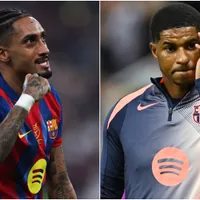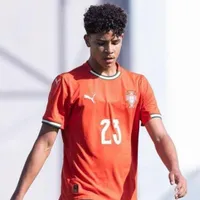The largest city in Florida isn’t what you might think. It’s not Miami, Tampa, or Orlando. It’s Jacksonville – in both population and geographic size. As of 2020, nearly one million people live in the city, the eleventh-greatest population of any city in the USA. In fact, the city of Jacksonville has a greater population than most cities represented by MLS and NWSL teams. So it can handle multiple professional soccer clubs, right? In the coming years, we’ll find out. Sporting Club Jacksonville, aka Sporting JAX, unveiled its branding for both its upcoming USL Championship (men’s division two) and USL Super League (women’s division one) teams this week. But they’re not alone on Florida’s First Coast.
A fresh start – and a re-start
Sporting JAX is a brand new club – set to tentatively debut in 2025 on both the men’s and women’s sides pending the finalization of a stadium. They can count American football legends Tim Tebow and Fred Taylor among their owners. However another team has been around in Jacksonville since 2015, and they’re embarking on a rebirth of sorts.
Jacksonville Armada FC started play in the NASL in 2015 and played through the league’s final season in 2017.
Rather than moving to USL or NISA like other surviving NASL castaways, the Armada took a different path. Instead, they operated an amateur U-23 team in the NPSL from 2019 onwards.
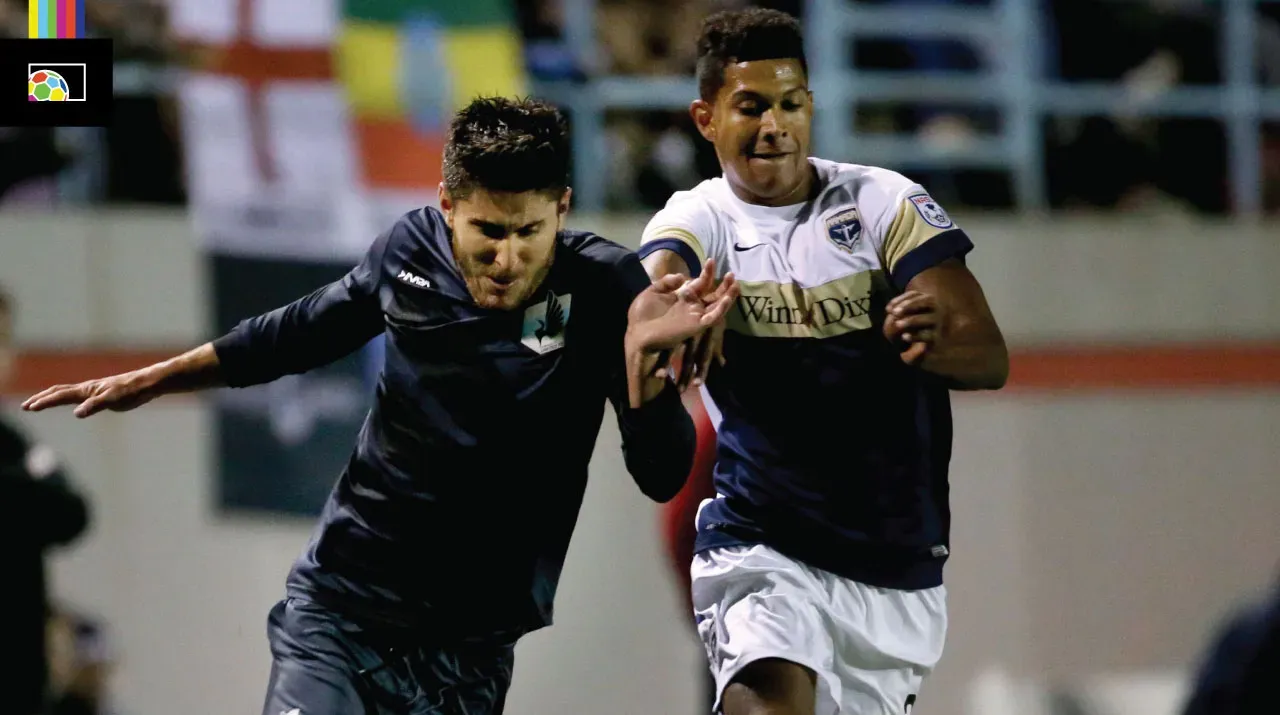
For a time, Armada owner Robert Palmer was a major voice in the reform movement in US pro soccer. He even floated the idea of a “Division Zero” outside the scope of the professional league standards set by USSF.
But that tune changed earlier this fall, as the Armada announced they would be moving to the division-three MLS NEXT Pro league. This competition is almost entirely comprised of MLS reserve teams. The Armada will be one of a small number of independent sides not affiliated with an MLS parent team. The 2025 re-start in the pro ranks will come with a planned downtown 2,500-seat stadium.
This sets up yet another front in the seemingly everlasting modern era of Soccer Warz.
As noted above, Jacksonville is the largest city by population in the entire country. But its combined Florida-Georgia metropolitan area is only the 38th-largest in the nation. It would rank near the very bottom by that metric amongst all division-one professional outfits in the US.
Does it really make sense to have two competing soccer teams in one market of that size?
Only in America
Not only will these two organizations be fighting over a relatively small piece of the pie, but it comes with unique issues encountered almost nowhere else in the soccer world.
Sporting will play at the division two level, in USL Championship. The Armada meanwhile will be at division three, in MLS NEXT Pro.
For two teams located in the same city, they’ll rarely – if ever – play each other.
One of the great things about multiple clubs in one area is the local rivalry. Having a fierce derby can bolster support for both teams and improve the game and culture in the region. But if the clubs never really get the chance to play each other, that effect is stifled considerably.
Outside of getting drawn together in the U.S. Open Cup, or maybe a preseason scrimmage here and there, Sporting and the Armada will never meet. Of course, in other countries, teams at different levels on the pyramid don’t often meet either. But they do have the ability to end up at the same level via promotion and relegation. The USA, of course, does not have that mechanism in place.
So instead, these two clubs will be glaring at each other from across town and rarely meeting on the pitch, instead fighting over fans, sponsors, and media coverage.
But it doesn’t end there because this battle could bleed over into the women’s game, too.
Sporting JAX vs Armada: not just for the men
Only about an hour before Sporting Club Jacksonville unveiled its name and colors to the world, the Armada decided to make an announcement of their own.
Owner Robert Palmer is forming a new ownership group to pursue bringing an NWSL expansion team to the city.
The NWSL has been around since 2014 and is the only active first-division women’s professional league in the USA. In fact, it’s the only pro women’s league in the country at any level currently. But that’s about to change.
The USL Super League is planning to launch in August 2024, as a division one league – equal to the NWSL on the pyramid. It will have nine teams in its inaugural season, including Floridian clubs Tampa Bay Sun FC and a yet-to-be-named Fort Lauderdale side.
Not only was the timing of the Armada’s announcement incredibly petty, but it continues to illustrate the silliness that permeates the entire professional soccer system in the United States.
Florida will have at least four, possibly five, professional women’s clubs in the coming years. Two could be in the same city. But three will be in the USL Super League (Tampa Bay, Fort Lauderdale, Jacksonville), and one (maybe two) in the NWSL (Orlando and theoretically Jacksonville).
More issues
Oh and by the way, the two leagues won’t play on the same calendar, either. Super League clubs will enjoy playing over the more pleasant Florida fall and winter months, while NWSL sides will be suffering through the brutal Sunshine State summer.
As of this moment, there are no plans for any meaningful cross-league play. NWSL recently unveiled its 2024 season structure plans. Included is a new, unnamed, tournament featuring every NWSL team and “international participants” during the break for the 2024 Olympic Games.
That would have been a perfect opportunity for US Soccer to introduce some sort of women’s U.S. Open Cup competition. A window when neither league is playing league games. A chance for all these Florida teams (and nearby sides from both leagues in Texas, North Carolina, Washington state, and Washington, D.C.) to play against each other.
But nope. It’s every man (or woman, as it were) for themselves.
More clubs, men’s and women’s, is a good thing. It means more opportunities for players and coaches. More jobs in the sport. That’s all fantastic.
But you can’t help but bang your head against the table when it comes along with all the frustrating caveats of the US professional soccer system.
Photo: Imago.



